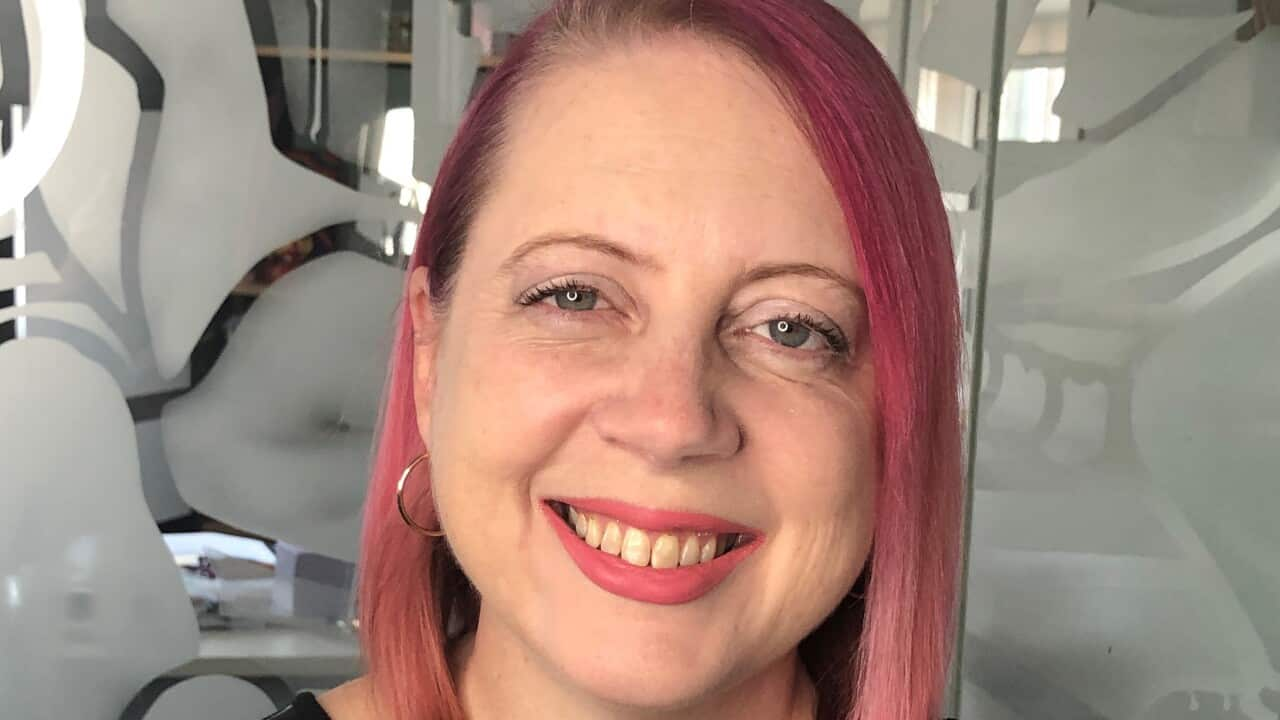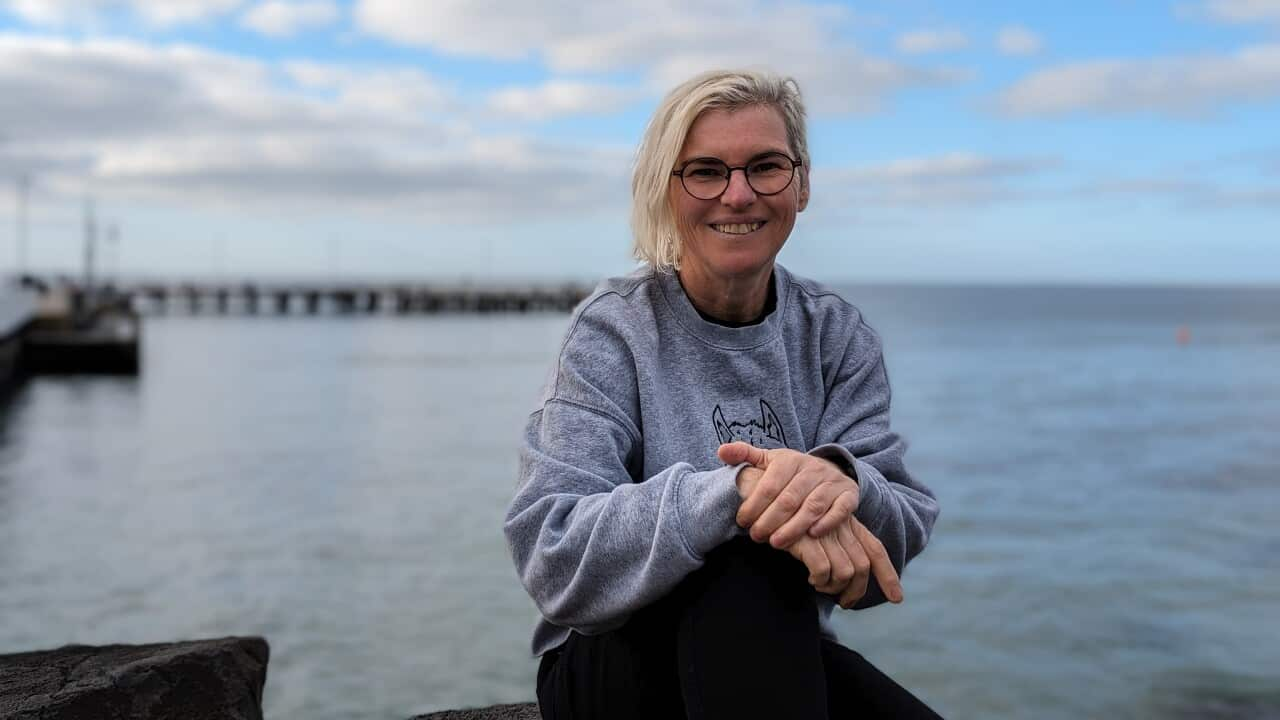This article contains references to domestic and family violence.
For women experiencing domestic and family violence, escaping is a complex issue. One crucial element is access to emergency accommodation and affordable housing.
Violence against women has gained national attention in recent weeks, and on Wednesday the federal government to establish the Leaving Violence Program.
On Friday, the NSW government announced to support women experiencing domestic violence, as it bolsters investment in crisis response and frontline services.
Minister for Housing Rose Jackson said the state government was considering converting existing properties such as empty motels or nursing homes into crisis accommodation.
"It frustrates me, as it does everyone, that it is often the women and children that have to leave the home," she said.
"But the reality is, when we are prioritising women's safety, a safe place to go is critical to ensure that the harm that women are enduring is stopped.
"The development of those housing solutions is critically important and that is something that we have already started work on, but we know there is more to do."
Annabelle Daniel OAM is CEO of Women's Community Shelters, an organisation that works with communities to establish new shelters, which provide short-term emergency accommodation and support for homeless women and their children.
Daniel, who is also Chair of Domestic Violence NSW, spoke to SBS News about the situation.
What is crisis accommodation, and why is it important?
"Crisis accommodation is way more than just a safe roof ... it provides safe housing and professional casework support, which helps women and children with lots of different things.
That includes finding a safe, secure, and permanent home, entering employment education and training, and advocacy and support for their children.
We are embedded in local communities and also make use of the support that the local communities around our refuges and shelters also offer because it's so important to be supported by a community when you're leaving domestic violence."
What is the role of caseworkers and workers on the ground?
"Caseworkers in women's shelters and women's refuges provide ongoing support to women on a day-to-day basis.
That might mean working with them and sitting next to them on the computer when they apply for Centrelink payments, it might be about supporting them and taking them to appointments with doctors or the local school.
It might be about helping them with searches for housing and where they might be able to afford to rent something, and it might be about taking them to the local police station and supporting them to get an AVO."
What are you hearing from shelters on the ground, and how much pressure are they under?
"Last year, we extended the number of safe beds that we were able to offer women and children by 30 per cent, and the number of people we had to turn away from our network, even considering that increase, grew by 92 per cent.
So that says a lot about the demand that is out there.
The year before last, we had about 600 people that we were unable to accommodate, and in the last year that's grown to well and truly over a thousand."
How much of a toll does this take on frontline workers?
"Frontline workers everywhere across the sector are under pressure and it's very, very difficult to be in a position where you have to say no to somebody.
Our workers on the ground everywhere and across all services turn themselves inside out with their advocacy to be able to support women and children in every way that they can.
And that can be really challenging in times when you don't have a room or somewhere to offer women.
What is your reaction to the government funding announcement? Does it go far enough?
"I think these are the really important first steps that governments can take to show that they're taking the issue seriously.
What really needs to happen now is that we need to see sustained actions, sustained funding commitment, and an ongoing level of urgency around this issue in the way that sector advocates have been calling for a long time.
I would like the governments to commit to what we call 'capacity building funding', which enables local community organisations to create innovative ideas and solutions that respond to their local needs and to be able to make those happen, to build them up, to evaluate them, and then hopefully to roll them out in other places so we can make successful models work."
What else would you like people to know about working in this field?
"Frontline workers in the domestic and family violence and homelessness base are doing a tremendous job; they are doing work that is under pressure and quite often underfunded every single day of the year.
I'm really heartened by this response to seeing it for the national crisis that it is, and we now need to see that to carry on beyond the outrage cycle with sustained support that is commensurate with the level of the need that's out there."
Some answers have been edited for length and clarity.
If you or someone you know is impacted by family and domestic violence, call 1800RESPECT on 1800 737 732, text 0458 737 732, or visit . In an emergency, call 000.
In an emergency, call 000.
Women from migrant and refugee backgrounds who are experiencing family or domestic violence can contact inTouch, the Multicultural Centre Against Family Violence on 1800 755 988 or visit .


